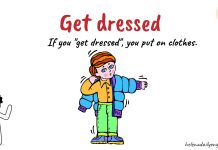How to improve English Reading skills by reading the bilingual book
Of the four skills of listening, speaking, reading, and writing in English, reading is the most challenging skill for learners
Are you expecting me to say so? No, reading is not the most difficult of the four skills of English.
English Reading skills do not require us to react as quickly as speaking, nor does it require us to be as precise in grammar as in Writing. On the contrary, reading is also the easiest skill to improve the 4 skills I just mentioned above.
You may think that there is no way to improve reading skills rather than reading a lot. Or do you think reading should be made more enjoyable? I agree.

However, how many of you have ever bought a novel in dense English, and then forgotten it after 3 days? So many people used to be like that too.
So now I will share with you my method of reading, which can help you make great progress after only two months.
To start, we need to prepare the “ingredients” first. It would be best if you had a bilingual book in English and your first language, a book written in two languages side by side. For example, English-Indian books, English-Russian books, and English-French books.
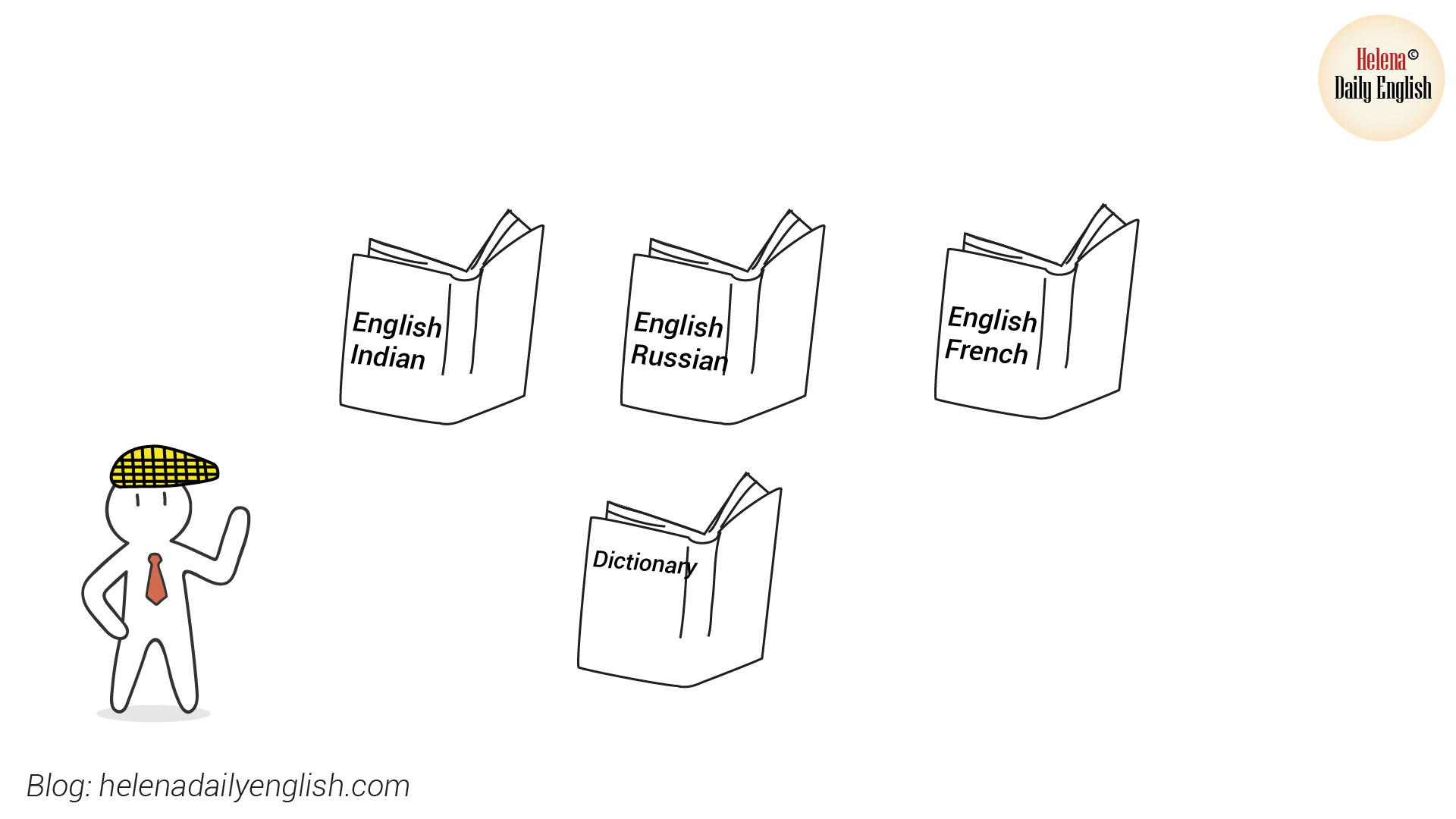
You also need a dictionary. The preparation is done, here’s how I practice reading.
First, use a dictionary to look up, and try to understand a passage in the book on your own. Remember, we will not use the French translation in this step. Which part do you understand, feel proud of yourself? If not, Please skip it temporarily.
Let’s take an example. I have a bilingual language paragraph here.
This morning, I looked at myself in the mirror of the bathroom sink. I have aged. The hair, the skin, the gaze. Above all the gaze and I asked myself if, over there, they will recognize me. I asked myself as well if it was worth the effort to go back on the road. There are so many things that have changed in eight years, starting with me. In spite of everything, I’ll have to sort out this old situation, if only to teach De Soto who’s the boss.
Ce matin, je me suis regardé dans la glace du lavabo. J’ai vieilli. Le poil, la peau, le regard. Surtout le regard, et je me demande si, là-bas, Ils me reconnaîtront. Je me demande aussi si cela vaut vraiment la peine de reprendre la route. Il y a tellement de chose qui ont changé en huit ans, à commencer par moi. Malgré tout, il faut que je règle cette vieille histoire, ne serait-ce que pour apprendre à De Soto qu’il n’a pas gagné la partie.
If you are a French trying to learn English, this is what you do.
Step one, forget about the French translation for a while. We will only be left
This morning, I looked at myself in the mirror of the bathroom sink. I have aged. The hair, the skin, the gaze. Above all the gaze and I asked myself if, over there, they will recognize me. I asked myself as well if it was worth the effort to go back on the road. There are so many things that have changed in eight years, starting with me. In spite of everything, I’ll have to sort out this old situation, if only to teach De Soto who’s the boss.
Try to understand the first part:
This morning, I looked at myself in the mirror of the bathroom sink. I have aged. The hair, the skin, the gaze. Above all the gaze and I asked myself if, over there, they will recognize me. I asked myself as well if it was worth the effort to go back on the road.
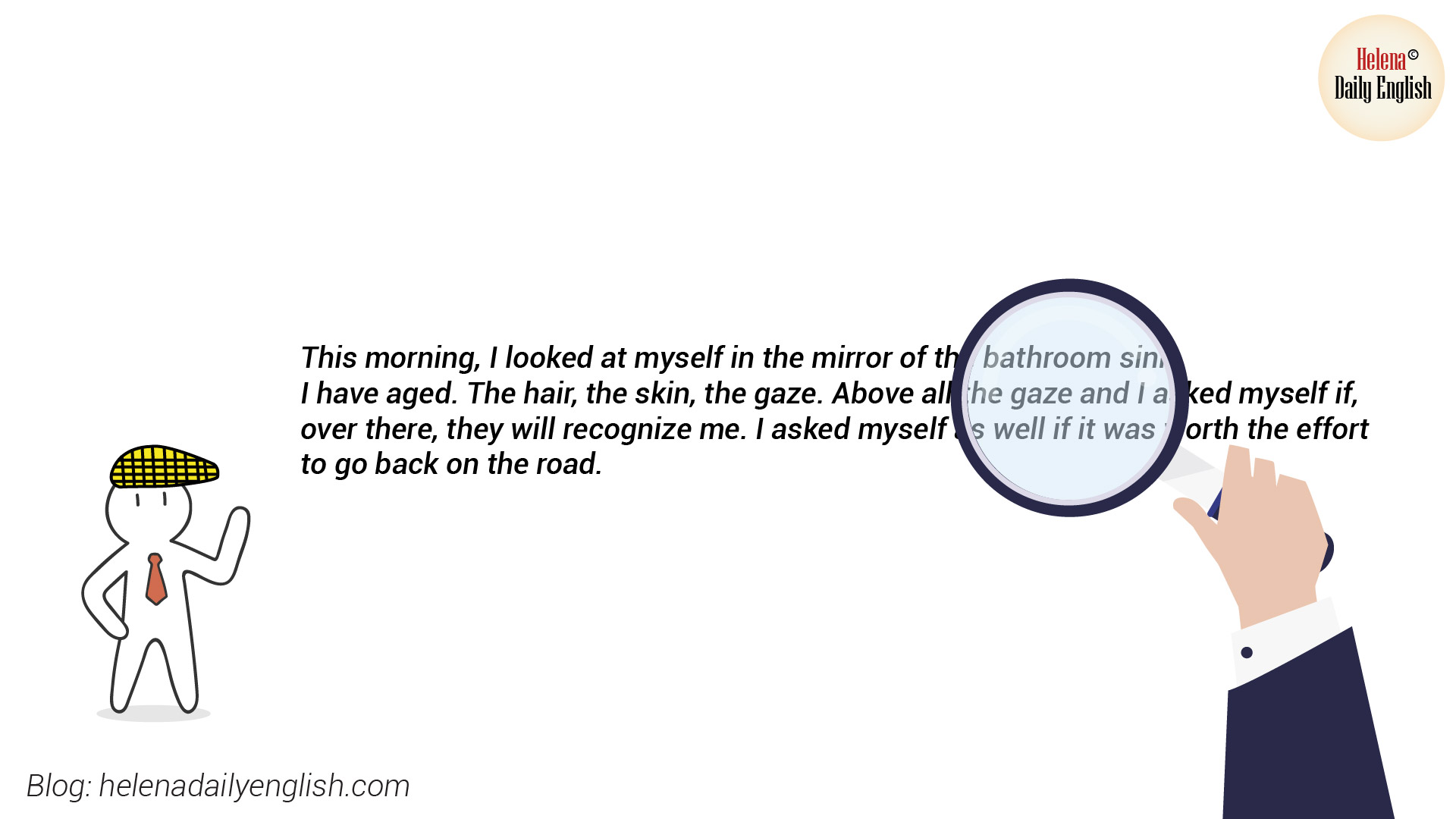
I believe this sentence, with a dictionary in hand, you will easily look up to understand its meaning.
After looking up all the new words, you may understand the general meaning of the sentence. This is the time when you use the translation provided in the book to make sure you have understood it correctly. Believe me, you will feel so satisfied when you see the use of words by professional translators. Their expressions will be very coherent. You will learn how to use words and expressions from linguists.
However, keep in mind that you need to try to understand the passage yourself before you see the translation. A bilingual book will outperform a regular English book, that is, whenever you feel you are not understanding a certain passage, you will immediately have an expert’s translation to compare. You will never misinterpret what the author means, this will help to maintain the reading” flow”.
Continue to the next part of the text:
There are so many things that have changed in eight years, starting with me. In spite of everything, I’ll have to sort out this old situation, if only to teach De Soto who’s the boss.
Like the first part, you should try to understand it on your own. Skip the phrase you don’t understand. For example in this text, the phrases “If only” or “sort out” may cause some difficulties for you. Guess its meaning according to the context or skip it.
And then, compare it with the translation in your book. It’s such an effortless thing to do, right?
Your grammar and vocabulary will expand naturally. You don’t have to try to take notes or mark anything. Reading books written in two languages like this will help you improve your language skills in the most natural way. In fact, our brains learn by repetition, by rules.
For example:
You see a house designed by an architect. Another time you see a house with a similar design created by him. Then again, you see a house of his with that design. So on the 4th time, when you see a house similar to the previous three, you will be able to recognize who created the building. That’s when the repetition is large enough, you will recognize the rules yourself without forcing your brain to memorize them
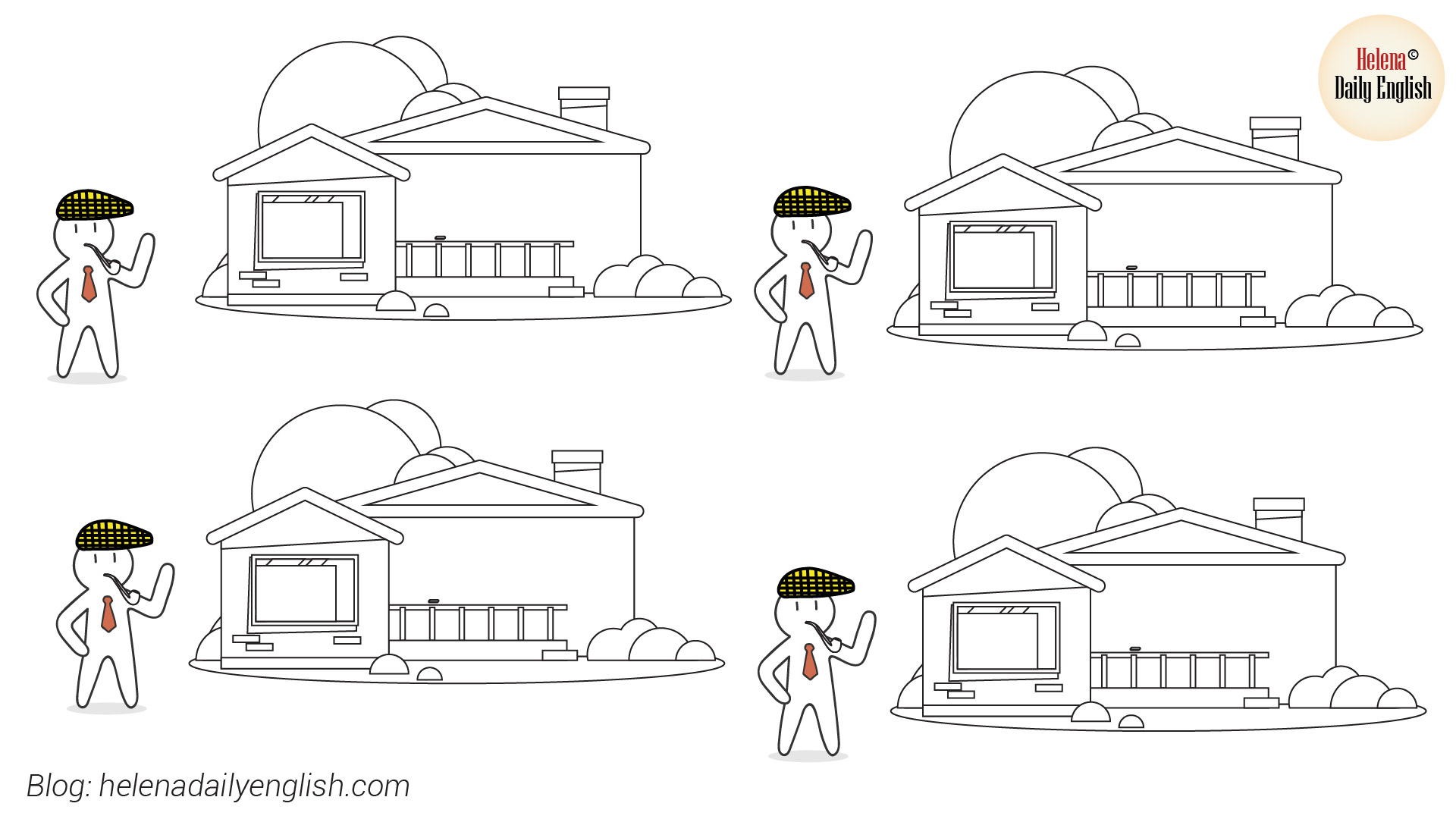
That is also how we acquire natural knowledge through bilingual reading. When you see a word or structure being repeated, you automatically remember them.
For Instance:
When you read the sentence
- She is beautiful
- beautiful: Adj
- is: Tobe
And another time you come across the sentence
- The city was so beautiful that….
- Beautiful: Adj
- was: tobe
Another time:
- You are beautiful
- Beautiful: adj
- are: tobe
Another time:
- We are beautiful
- beautiful: adj
- are: tobe
So after many times like that, you can conclude on your own that “tobe+adj” will be used to describe something.
That’s the mechanism of repetition-based learning
When we try to force our brains to remember, we go against the laws of nature. That’s why you find English so difficult.
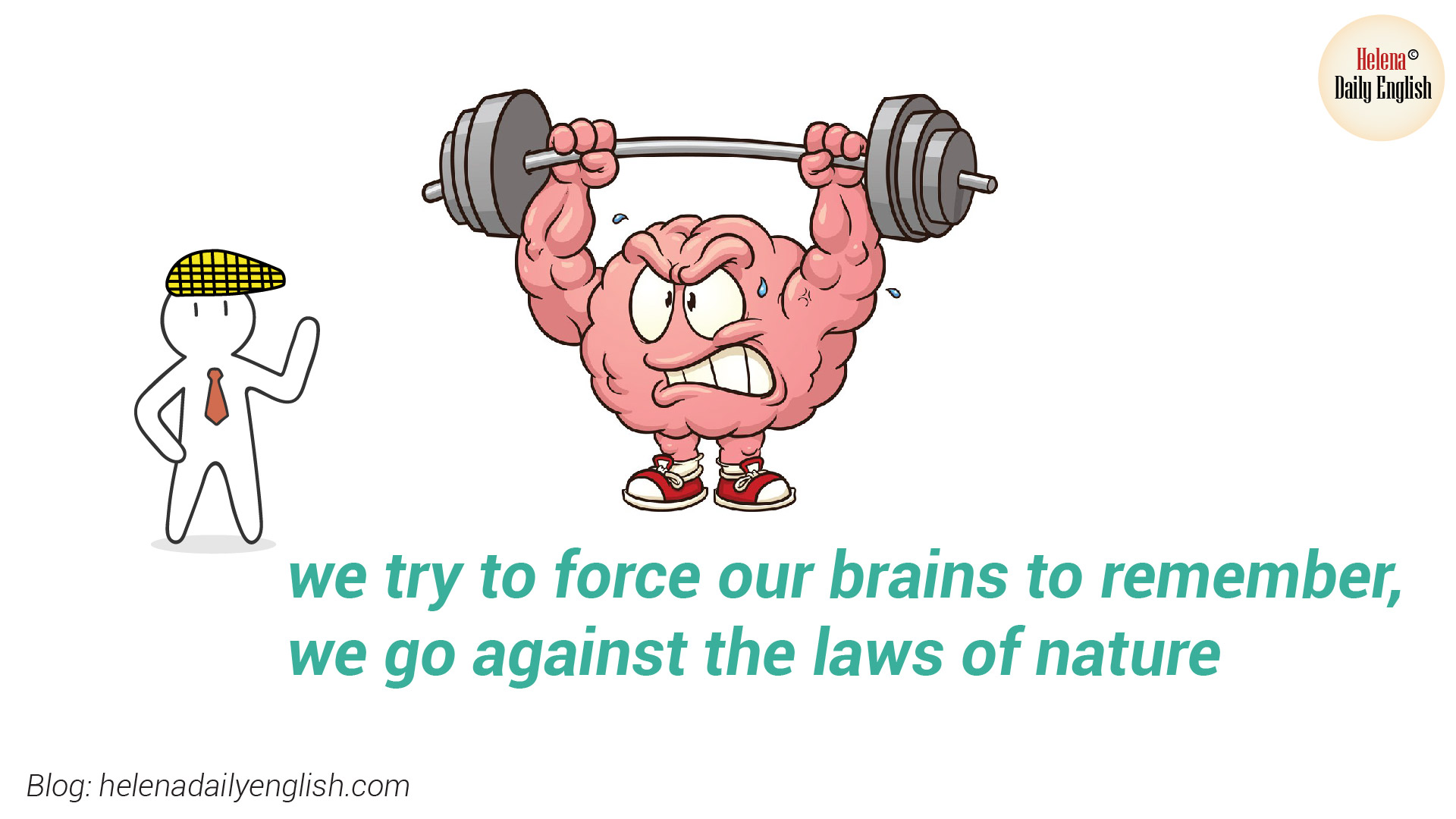
In short, in this post, I show you how to acquire a language in the most natural way through repetition. Applying this, you already know how I use bilingual books to read more effectively.
You will need a bilingual book on a topic that interests you, along with a dictionary. Repeat the steps of self-translation, then compare, self-translate, and then compare. You will find that your grammar and vocabulary skills will increase significantly. If you like this method, let me know. I will share with you more interesting methods for improving your English.
Read more: English for Beginners |5 Tips for self-study speaking English Naturally





